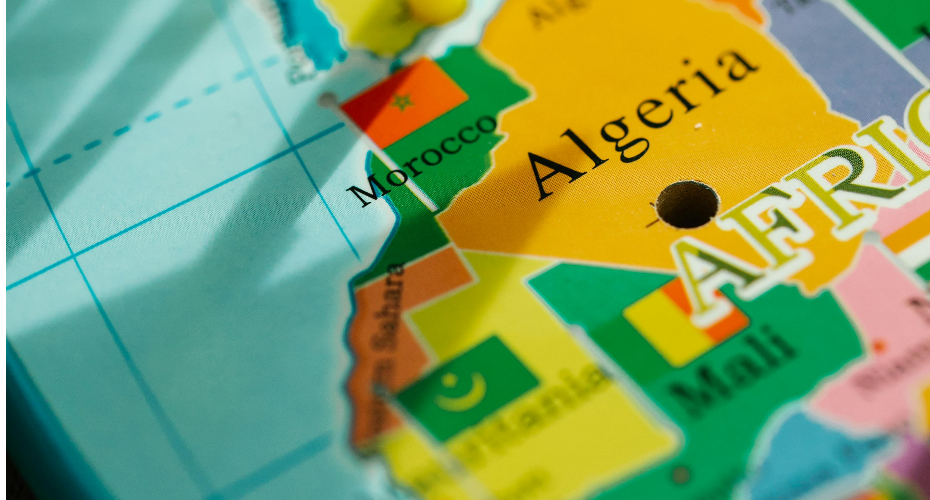EU ambiguity on Western Sahara frozen conflict is a “glaring source” of vulnerability for Sahrawis, study shows

The long-frozen conflict has thawed and heated up since late 2020.
The European Union’s legal ambiguity on the Western Sahara frozen conflict is an increasingly glaring source of vulnerability for Sahrawis, a new study shows.
The lack of an EU firm position on the non-self-governing status of Western Sahara’s territory is a disadvantage for the Polisario Front.
The EU’s ambiguity includes questions such as where lies the distinction between Western Sahara’s people and local population and who is entitled to represent them.
The study, by Dr Irene Fernández-Molina, from the University of Exeter, shows how the EU’s longstanding territorial undifferentiation practices have been successfully challenged through “lawfare”, or legal activism, from the Polisario Front, producing accumulating, compelling case-law. The concept of “lawfare” is here used in a descriptive and value-neutral sense to refer to legal activism in a conflict context, without the connotations of illegitimacy prevailing in other cases.
A disadvantage for the Polisario Front and its proclaimed Sahrawi Arab Democratic Republic concerns broader international community and UN ambiguities about the nature and status of the Western Sahara conflict.
During the three-decade frozen conflict there has been increasingly unclear language from the UN Security Council’s regarding self-determination.
The ongoing low-intensity hostilities are described as a ‘state of war’ by the Polisario Front/SADR, who control the eastern strip of Western Sahara, in contrast to the ‘total absence of any armed conflict’ stated by Morocco, which has annexed three quarters of the area. The long-frozen conflict has thawed and heated up since late 2020.
Dr Fernández-Molina has analysed the political, analytical, and legal grey areas that surround both Western Sahara as a territory and the SADR as a contested state. She describes the legal strategies and arguments used by SADR and the Polisario Front – the national liberation movement internationally recognized as the representative of the Sahrawi people – since the mid-2000s.
The manifold political and legal ambiguities that surround contested statehood and conflict in Western Sahara have acted as sources of vulnerability for the Polisario Front/SADR and the Sahrawi people, which have responded with both “lawfare” and warfare.
The study says Sahrawi legal activism currently appears as more successful internationally yet also more of a long-term effort, while warfare may meet more immediate domestic needs for the Polisario Front/SADR leadership.
Western Sahara is treated as an international armed conflict (IAC) for the purposes of international humanitarian law. This extends the rights and protections of jus in bello to Western Sahara’s civilian population and those fighting on its behalf in the exercise of their right to self-determination.
References to international humanitarian law in UN Security Council resolutions on Western Sahara have focused exclusively on the release of prisoners of war.
The specific – and politically most sensitive – branch of international humanitarian law that is hardly mentioned in the UN discourse on Western Sahara is occupation law.
The main target of Sahrawi “lawfare” has been the European Union whose manifold bilateral economic and sectoral cooperation agreements with Morocco have for decades failed to make any differentiation between the internationally recognized territory of this country and that of Western Sahara. Rulings against this undifferentiation from the Court of Justice of the EU triggered an unheard-of three-year diplomatic crisis between Rabat and Brussels between 2016 and 2019.



